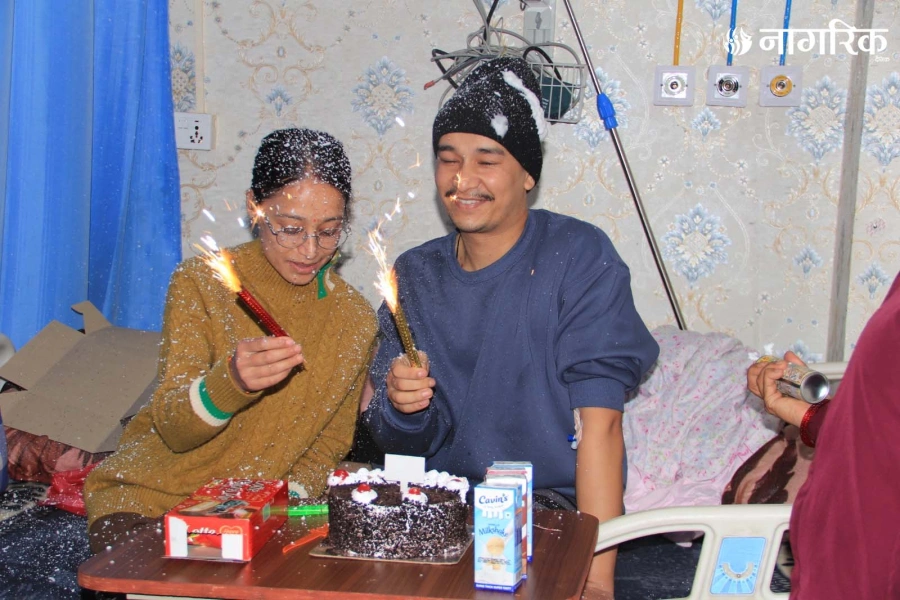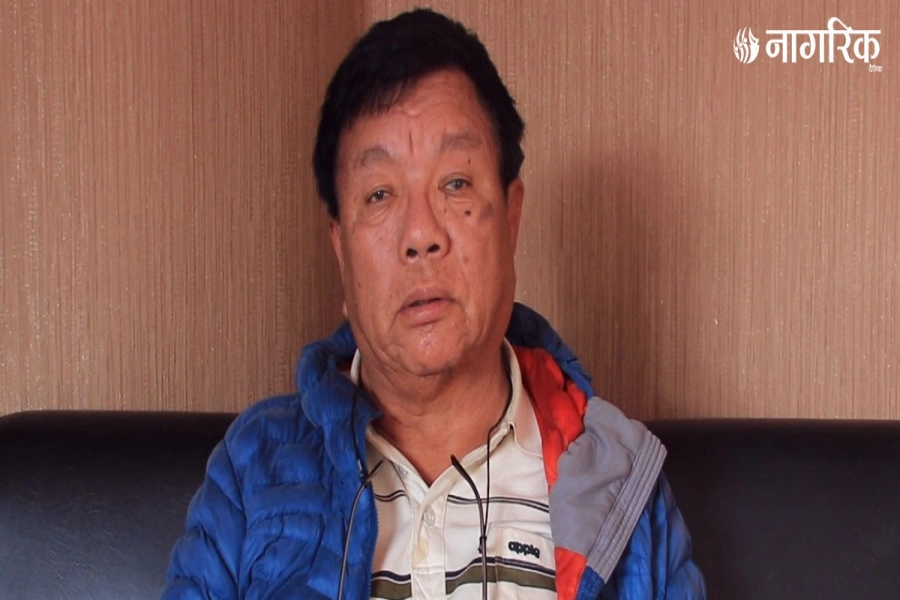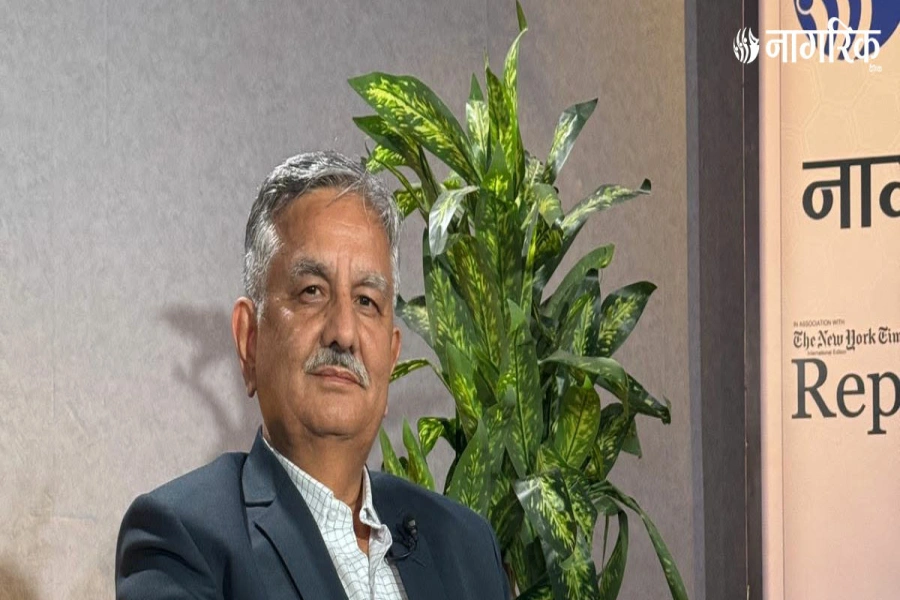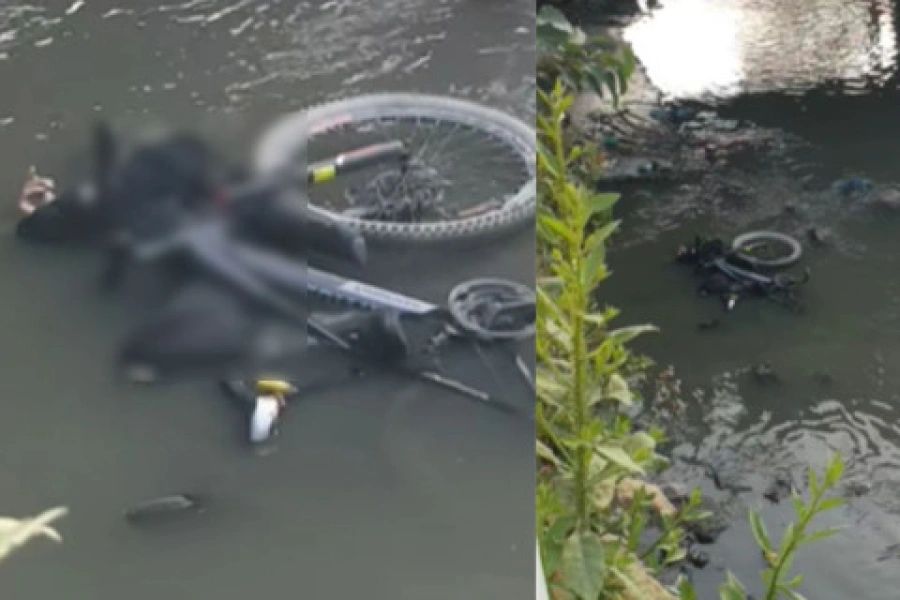POKHARA, Sept 18: Tourism entrepreneurs in Pokhara are worried about the spread of dengue in the city during the peak tourist season. The entrepreneurs' nightmare has turned into reality after some foreign tourists cancelled their Pokhara visit in view of the rising cases of dengue. Businesspersons have urged the government to take adequate measures against dengue to make the people feel safe. They have also asked the media not to leave the people panicked by 'misinforming about the disease'.
"Just a few days ago, we were expecting two Swiss professors here. They were supposed to come to Kathmandu and then leave for Pokhara. But they inquired about dengue and then decided to cancel their Pokhara visit," said Dharmaraj Panthi, a hotelier in Pokhara. "This is a serious message for us. There are others, too, who have dropped the idea of coming over here at this time," he added.
According to Krishna Acharya, manager of Temple Tree Resort, bookings at his resort were made much earlier and the tourists have not yet canceled the bookings. But if the situation remains the same, they may hesitate to visit Pokhara, he said.
Pokhara hoteliers urge govt to do more to contain dengue

"We fear that they might cancel their journey at the 11th hour if we fail to ensure their safety here. News of dengue is spreading like wildfire; some news reports also contain misinformation about the disease," he said. "We should leave no stone unturned to bring the situation under control, but the media should also be very accurate and realistic while covering news about the disease," he added.
From September to November, Pokhara generally draws the maximum number of tourists. However, this main season might indeed not be that fruitful for the tourism sector this time if dengue is not brought under control, the entrepreneurs said.
According to the data provided by the Western Regional Health Directorate, over 1,400 people have been infected by dengue in Pokhara over the last few weeks. "The lakeside of Pokhara is not a safe place either. There are hotels which look classy from outside but they have failed to take preventive measures against dengue," said Dr Bhojraj Gautam, a doctor associated with the directorate. "Clean stagnant water over the terrace, open water tanks are perfect place for dengue mosquitoes to breed. And similarly, there are abandoned boats around, swimming pools and so on," he added.
He also drew everyone's attention toward the garbage around the lake which has posed threat to health and hygiene for long. Stating that eggs of mosquitoes could remain alive even for a year, he said that the threat is prolonged. "The eggs can survive even for a year and they turn into mosquitoes as soon as they get favorable atmosphere," Dr Gautam stated. "So, this issue must be taken very seriously. We are doing our best," he said, urging the hoteliers to be equally alert.
According to Tikaram Sapkota, former member of the Nepal Tourism Board, some countries have already notified their citizens about dengue in Nepal. "Even if one foreigner gets infected, it could be critical for the tourism industry for now. We should be very sincere and very efficient toward combating the spread," he said. "Tourists want to enjoy their trip fearlessly, we must ensure that kind of environment," he added.
Sushilraj Poudel, vice president of Trekking Agency Association of Nepal (TAAN), said the travel advisories issued by different countries regarding dengue in Nepal have alerted even other countries. "It is natural that tourists are taking interest in the matter. Pokhara must do away with the danger with all might," he said. Dengue was first noticed in Pokhara on August 1. A patient from Pokhara Metropolis – 8 was infected. Last year, 571 people were recorded to have been infected by dengue in Pokhara. Dengue is not considered a serious illness if treated on time.

















-1200x560-1764836409.webp)




















